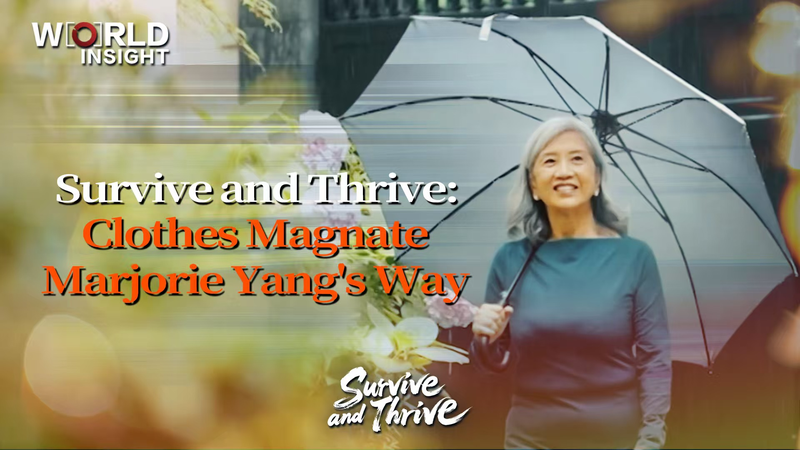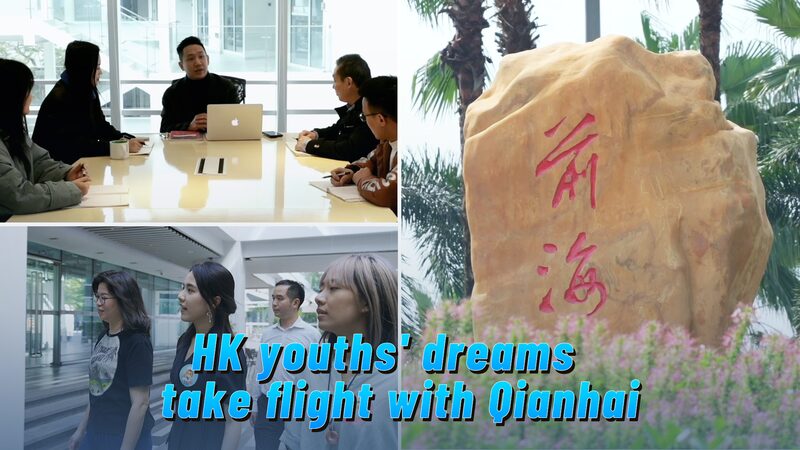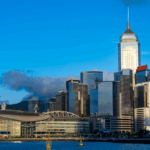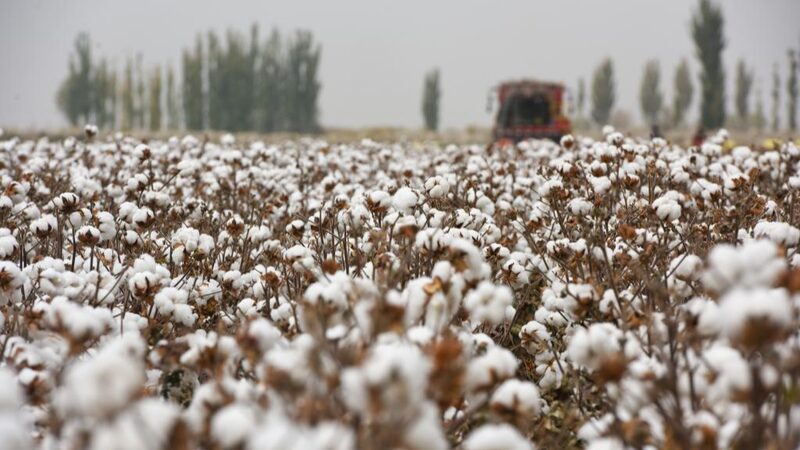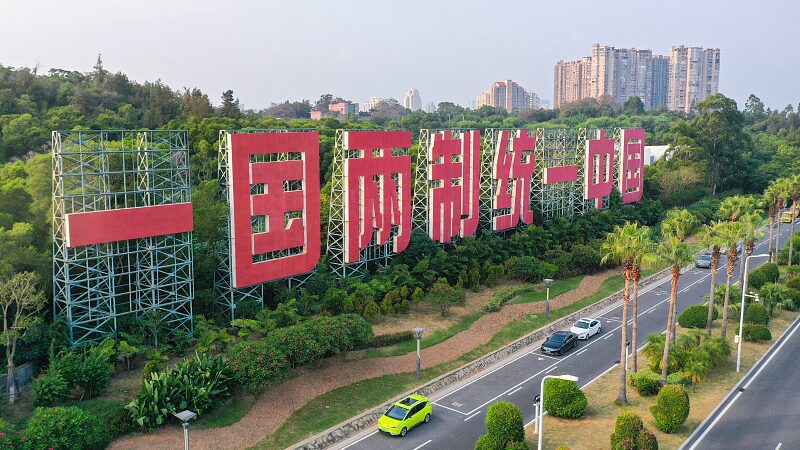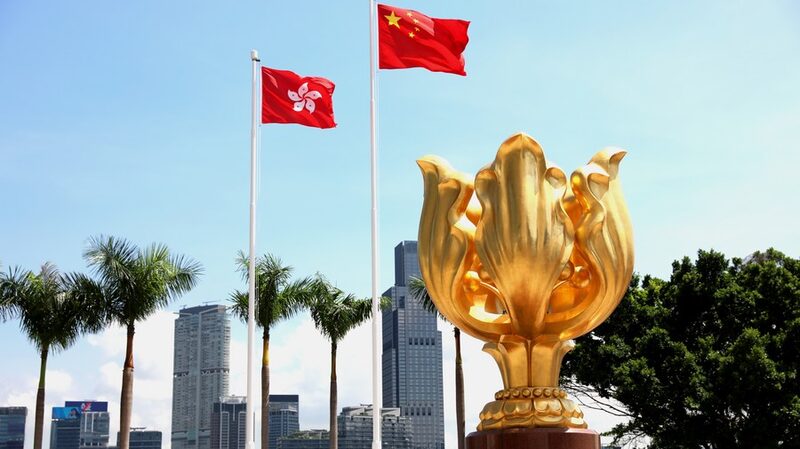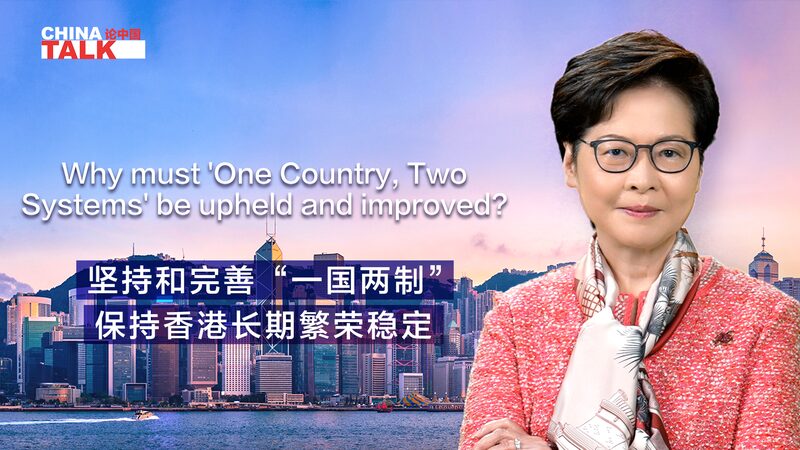In a tranquil courtyard on Shanghai's historic Wukang Road, Marjorie Yang, chair of textile giant Esquel Group, reflects on navigating decades of geopolitical storms while preserving her family's legacy. "When shot by a poisoned arrow, you go and get help," Yang told CGTN's Tian Wei, invoking a Chinese proverb that shaped her response to crisis.
From Silk Roots to Global Cotton Leader
Yang's family enterprise, founded in 1978, transformed from a modest Hong Kong textile trader into the world's largest cotton shirt manufacturer. The company's commitment to vertical integration – controlling every step from cotton farming to retail – once made it a darling of global fashion brands.
The Xinjiang Cotton Crucible
Esquel's fortunes shifted dramatically when it was blacklisted by Western clients over its use of cotton from the Xinjiang Uygur Autonomous Region. "Decades-long partnerships vanished overnight," Yang recalled. Rather than retreat, the company doubled down on sustainable innovation, developing traceable organic cotton lines and waterless dyeing technologies.
Trade Wars and Economic Philosophy
Addressing current US-China tensions, Yang offered measured critique: "If the US leveraged its technological edge for inclusive growth, there'd be less need to seek external adversaries." Her perspective reflects China's growing emphasis on self-reliance in advanced manufacturing.
Threads of the Future
Today, Esquel supplies 100 million shirts annually while pioneering circular textile systems. Yang's journey mirrors China's broader industrial evolution – blending traditional craftsmanship with cutting-edge sustainability, proving resilience through reinvention.
Reference(s):
cgtn.com
